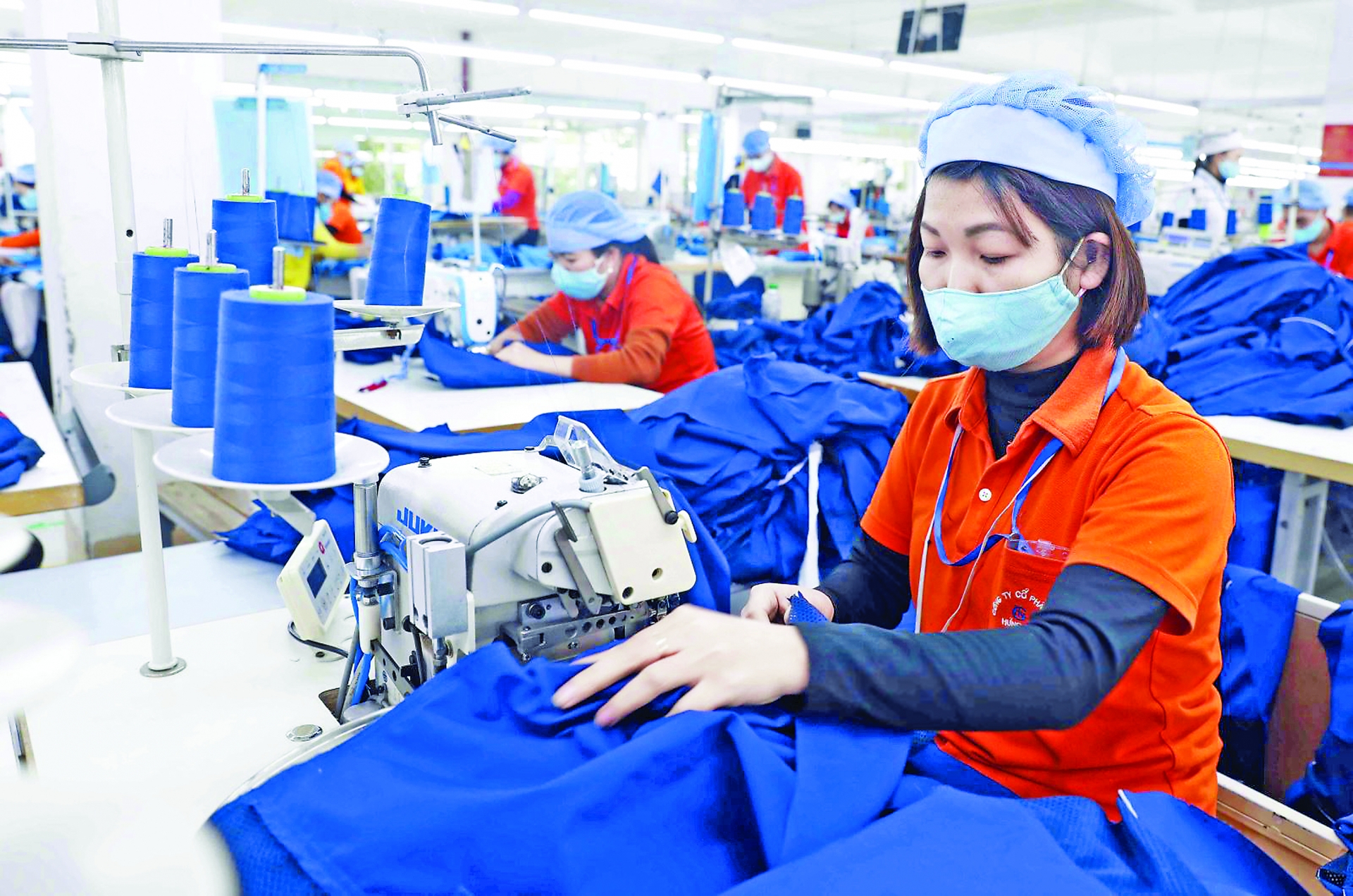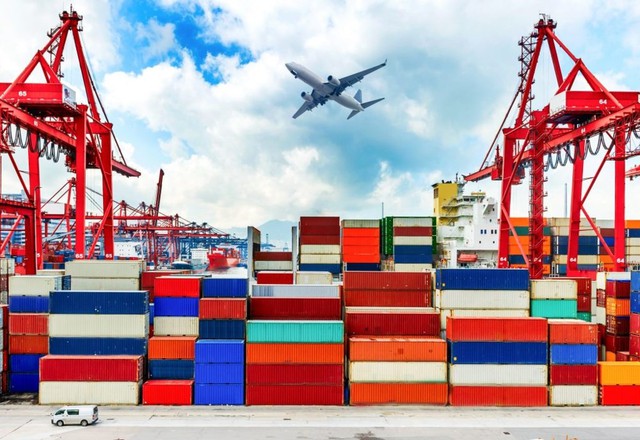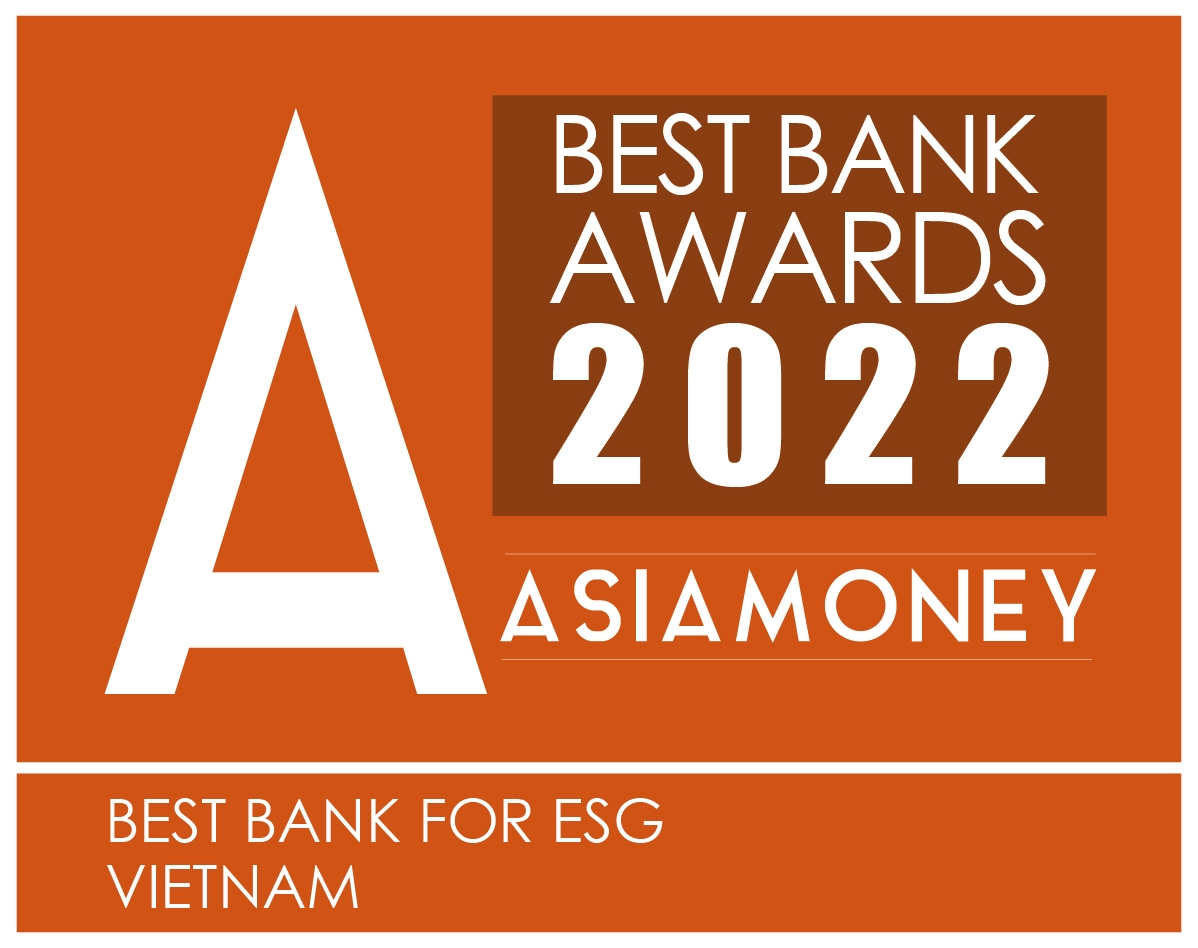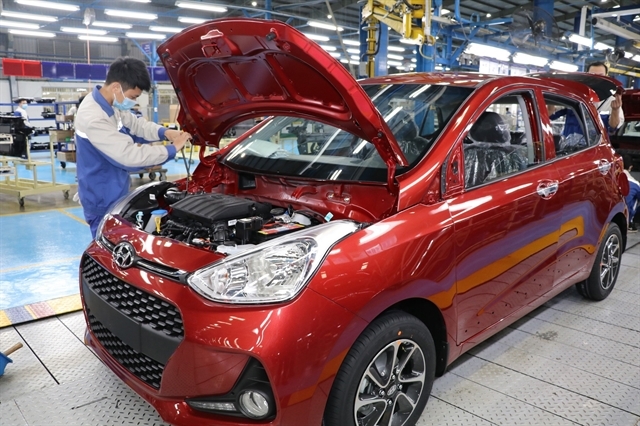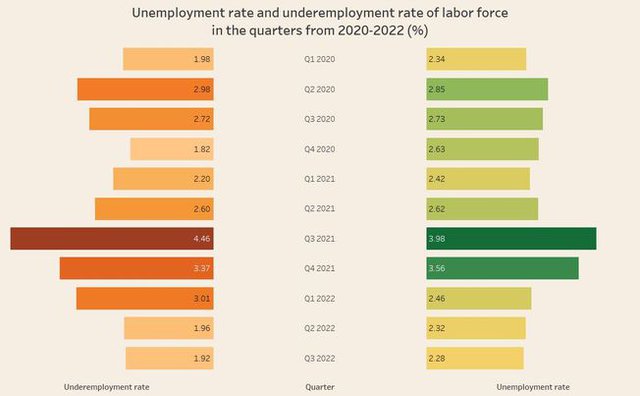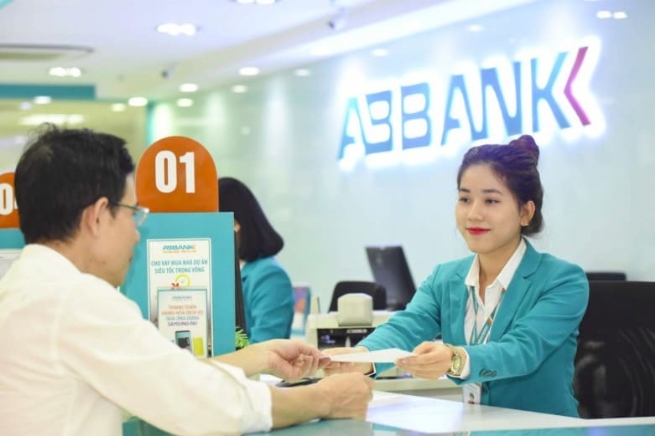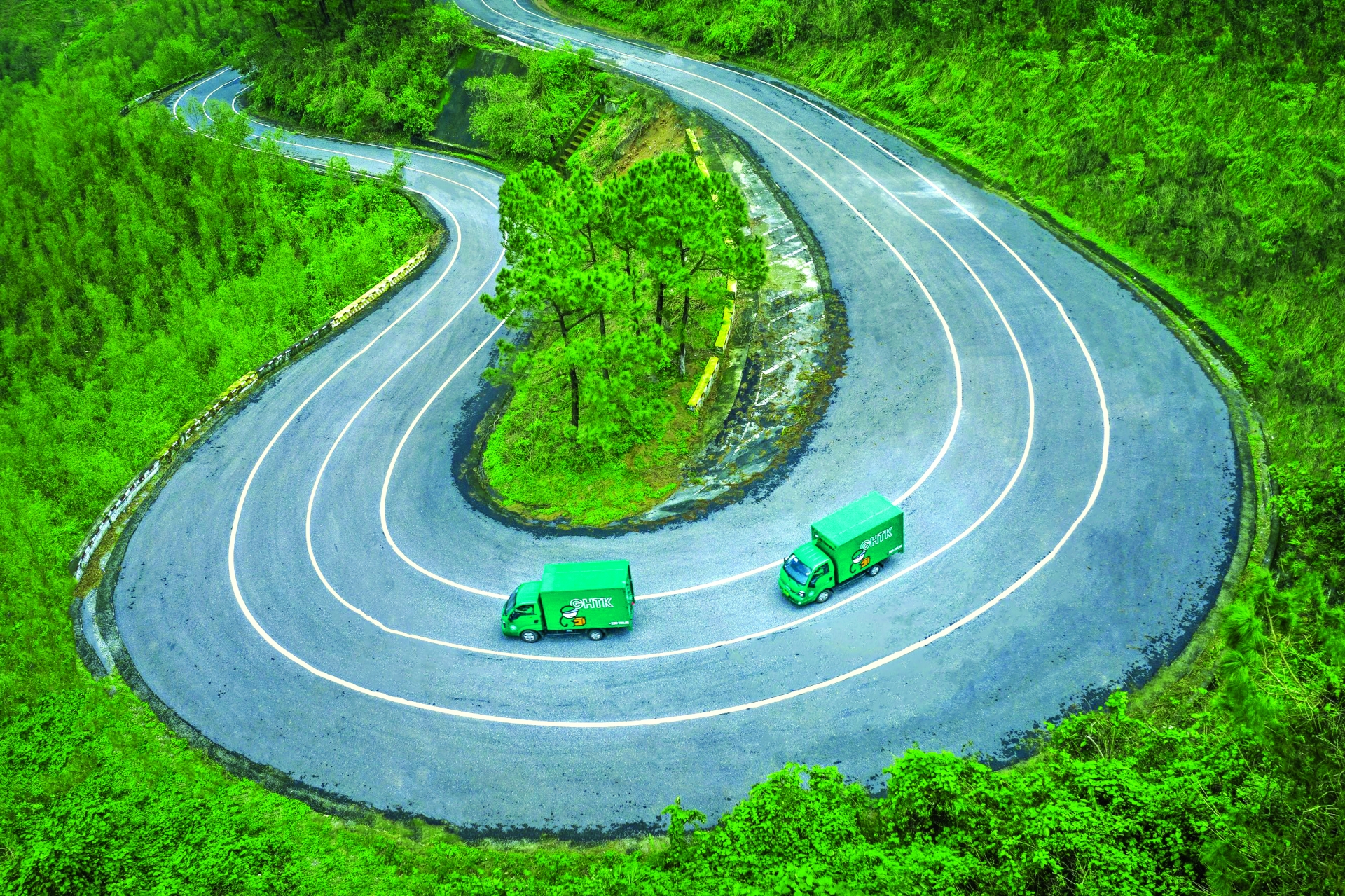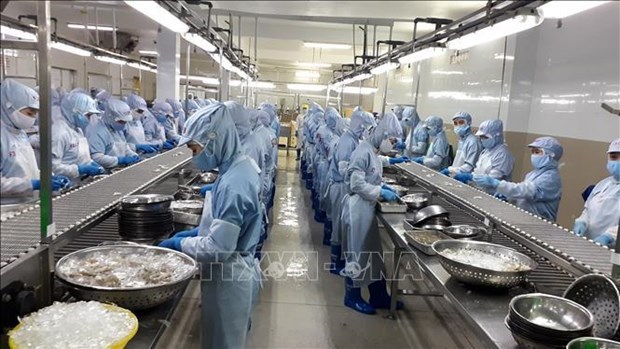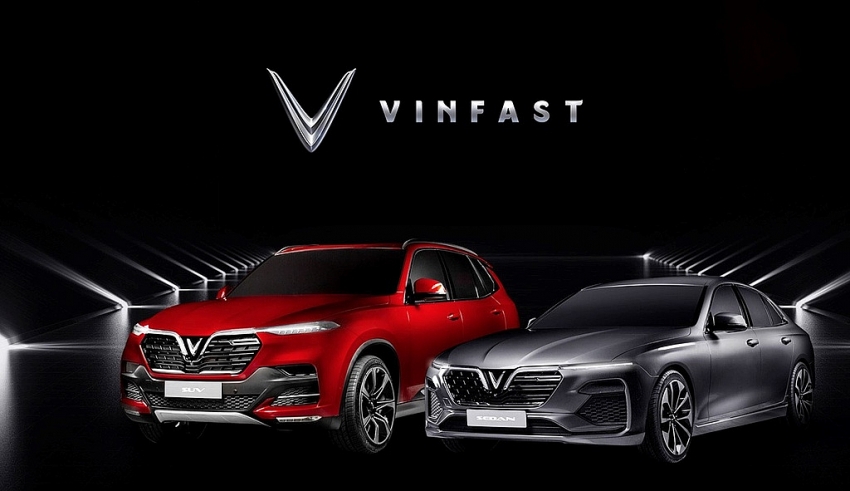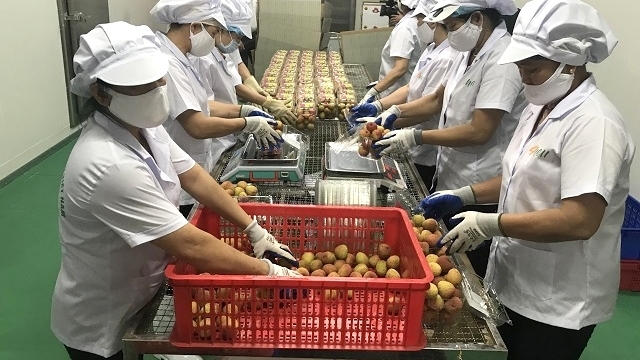Masan Group seeks German support on its renewable technology plan
Masan Group has made proposals to the German government to facilitate its investment in renewable technology in Germany.
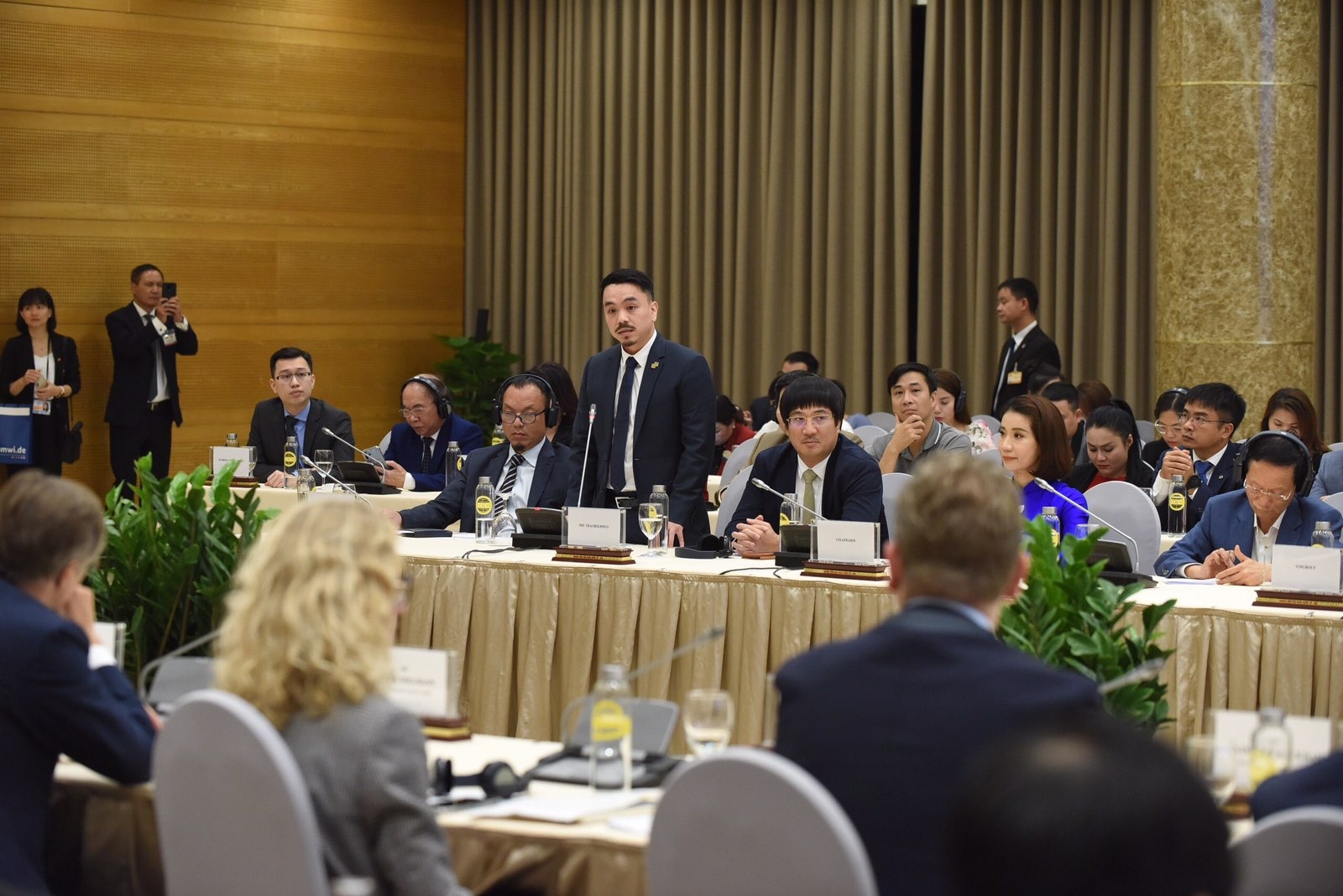
The proposals were shared by Masan Group CEO Danny Le at the Vietnam - Germany Business Roundtable in the presence of Vietnam’s Prime Minister Pham Minh Chinh and Germany's Chancellor Olaf Scholz on the evening of November 13.
“As one of the leading private sector groups in Vietnam, Masan actively seeks and develops relationships with major partners worldwide in our business fields,” said Le.
Speaking to the two heads of government, Le remarked that Masan first established a relationship with German businesses in 2013, when the group was seeking tungsten refining technology to fulfil a commitment to the Vietnamese government on going downstream to elevate the value of Vietnam’s industrial minerals.
Masan chose to partner with H.C. Starck GmbH as the company was a leading business in tungsten refining and recycling technology in Germany with over 100 years of experience, as well as one of the few companies in the world with a comprehensive and environment-friendly tungsten recycling platform.
In 2020, Masan acquired a 100 per cent stake in H.C. Starck’s global tungsten business. This $82.5 million transaction allows Masan to officially take over H.C. Starck's tungsten manufacturing plants in Germany, Canada, and China, with a total capacity of about 13,300 tons of high-value tungsten products, making Vietnam the world's largest tungsten producer outside of China.
"The acquisition of H.C. Starck’s tungsten business has helped Masan expand our market and client base to more than 50 countries, affirm Vietnam's increased competitiveness in the international tungsten market and uncover possibilities to train and develop technical expertise in Vietnam's high-tech materials industry," he said.
Will Vietnam have the first tungsten recycling plant?
Germany is currently Vietnam's major trading partner in Europe, as well as an important gateway for Vietnamese exports to other European markets. From 2017 to date, bilateral trade has averaged $9-10 billion yearly, totalling $11.22 billion in 2021.
Vietnamese firms have 36 valid investment projects in Germany as of October 2022, with a total adjusted investment capital of more than $283.3 million.
Chancellor Olaf Scholz said German corporations and businesses were increasingly interested in Vietnam, particularly in the renewable energy and manufacturing industry. He suggested that the two countries' businesses shake hands to collaborate and grow together.
“In light of the global trend of accelerating a circular economy to achieve sustainable development goals and based on the success of the tungsten refining project using high technology, Masan together with H.C. Starck will go on to conduct research and planning for the construction of the first tungsten recycling plant in Vietnam," Le said.
"The project aims to make Vietnam the region's leading technology centre for recycling tungsten and precious metals, thereby reducing reliance on primary raw materials from mining activities.”
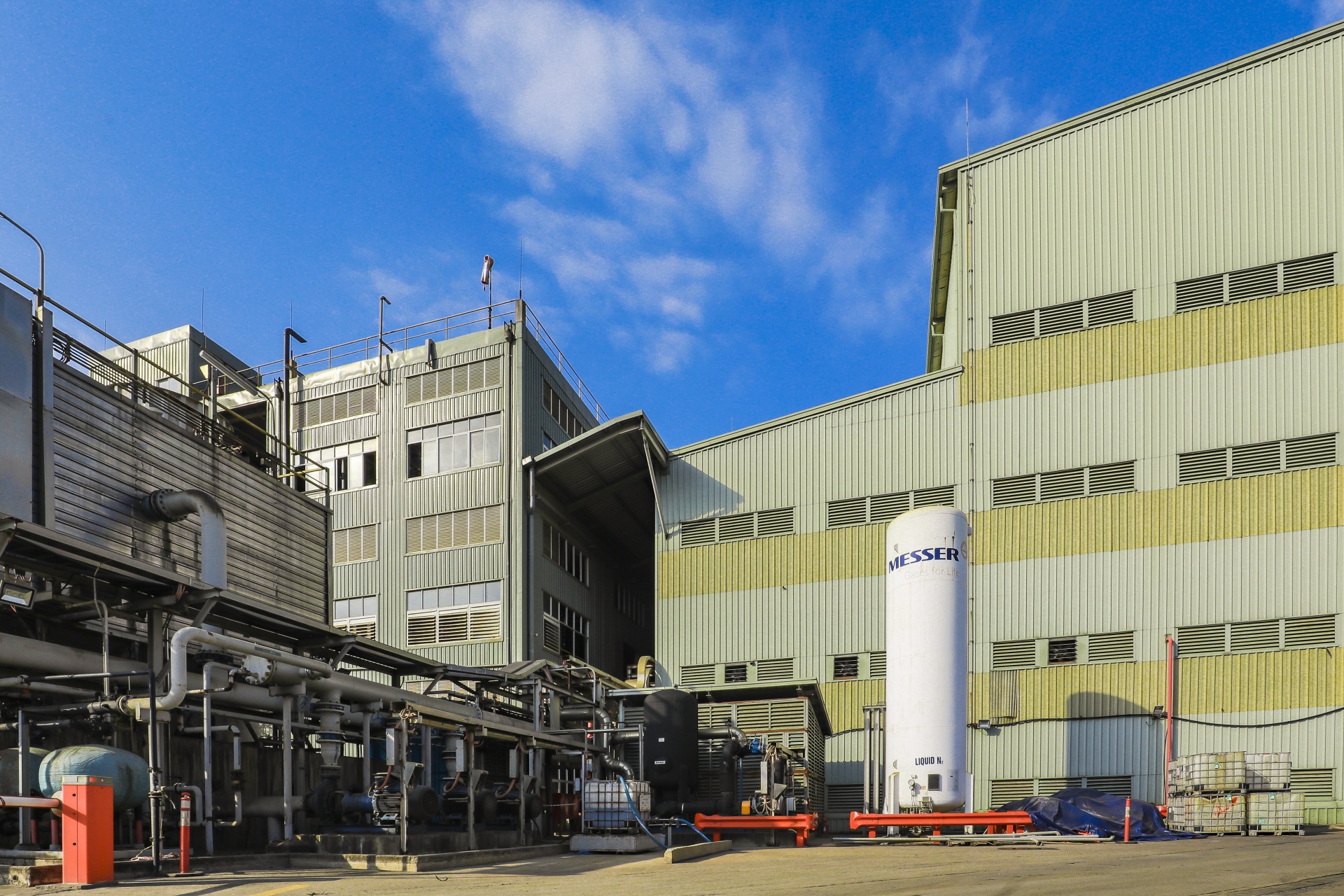
He also shared the recent news of H.C. Starck’s investment of $52.96 million in Nyobolt – a fast-charging Lithium-ion battery technology company in the United Kingdom. Nyobolt’s technology employs H.C. Starck’s high-tech tungsten materials in the battery anode coating to produce batteries of superior quality.
Tungsten-based Lithium-ion batteries have super-fast charging speeds, with 90 per cent being charged in less than 5 minutes. With up to 10 times higher power density, the battery has longer durability and saves the cost of battery usage. With less thermal stress than conventional graphite-based batteries, there is a reduced risk of fire and explosion, thus increasing end-user safety.
“By 2027, Masan will be not only the world's leading supplier of high-tech materials but also an innovation leader in the global consumer technology products, with high-efficiency rechargeable Li-ion battery being the first-to-market,” Le said.
He proposed that the German government consider an Energy Cost Support Scheme for energy-intensive businesses like H.C. Starck and adopt a more flexible policy approach enabling greater access to strategic raw materials sources critical to H.C.'s tungsten recycling technology in Germany.
Masan Group also seeks the Vietnamese government’s support in reviewing and approving the import of tungsten scrap to ensure stable raw material supply for the tungsten scrap recycling project – a key project that the group has been putting all efforts into research and implementation with the ambition to turn Vietnam into the region's leading technology centre for recycling tungsten and precious metals, thereby reducing reliance on primary raw materials from mining activities.

